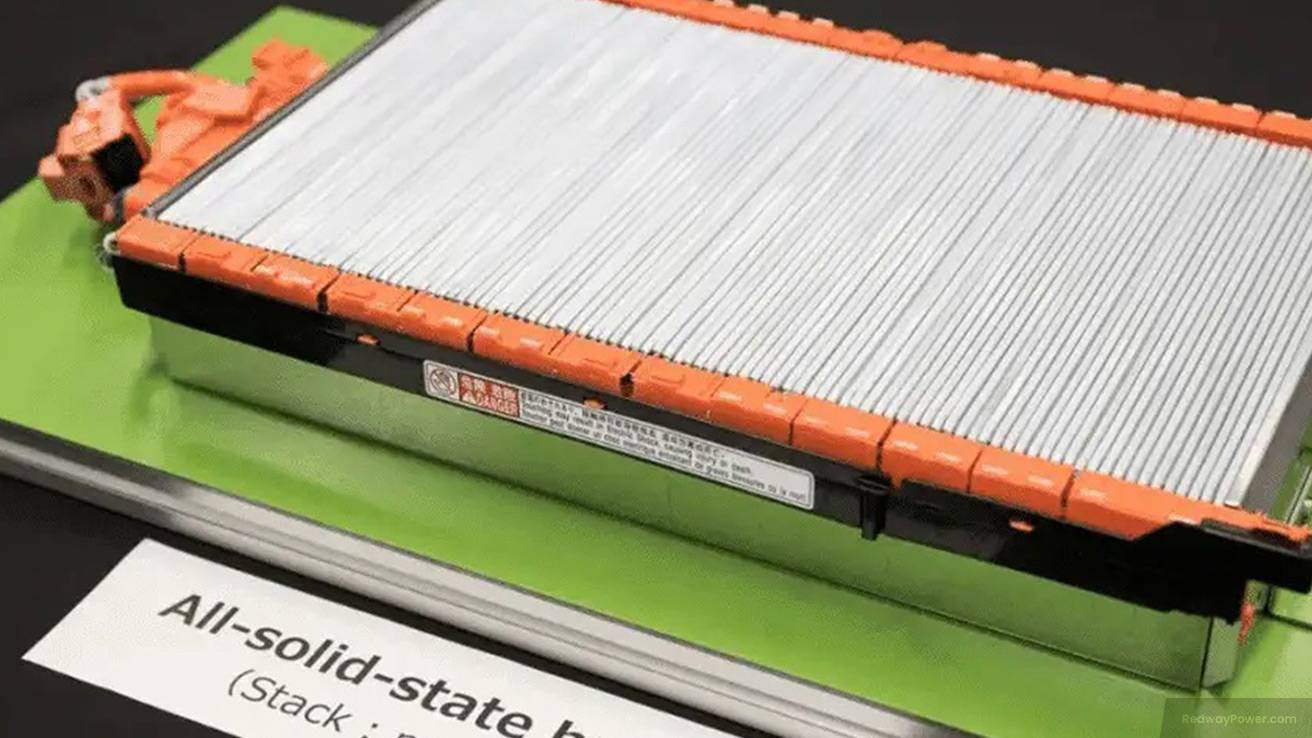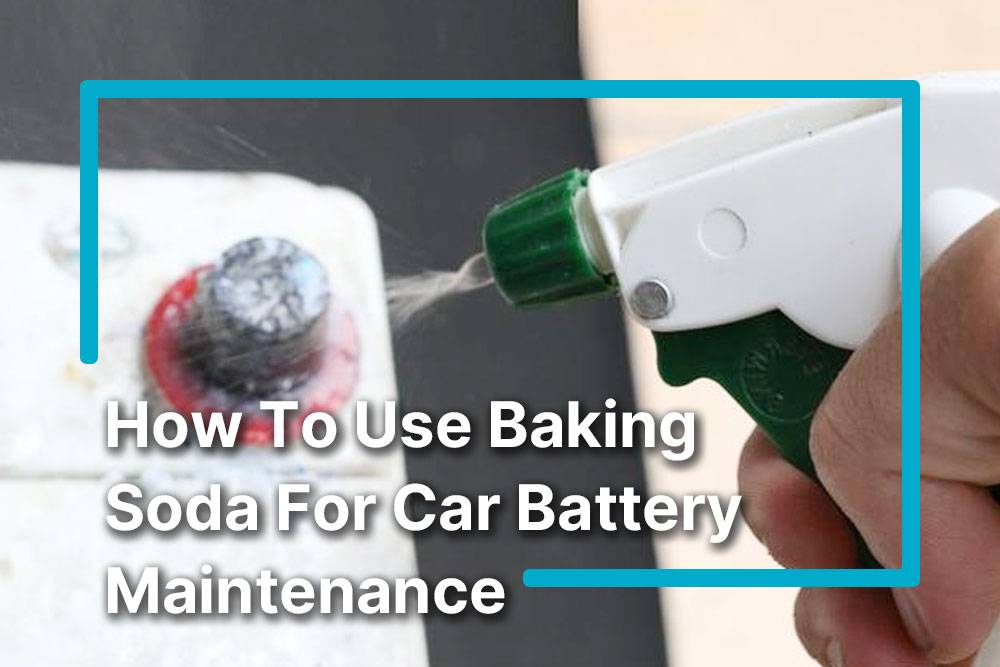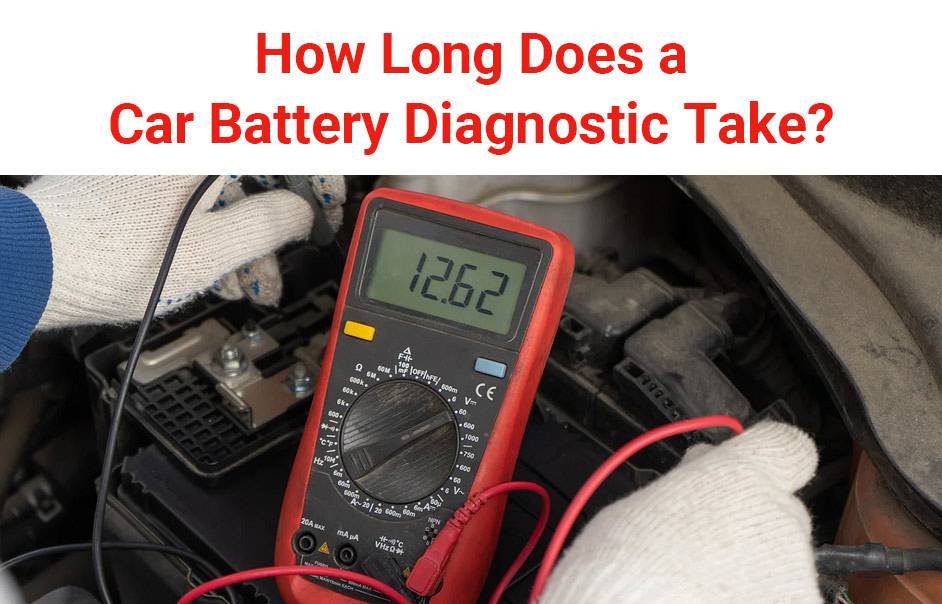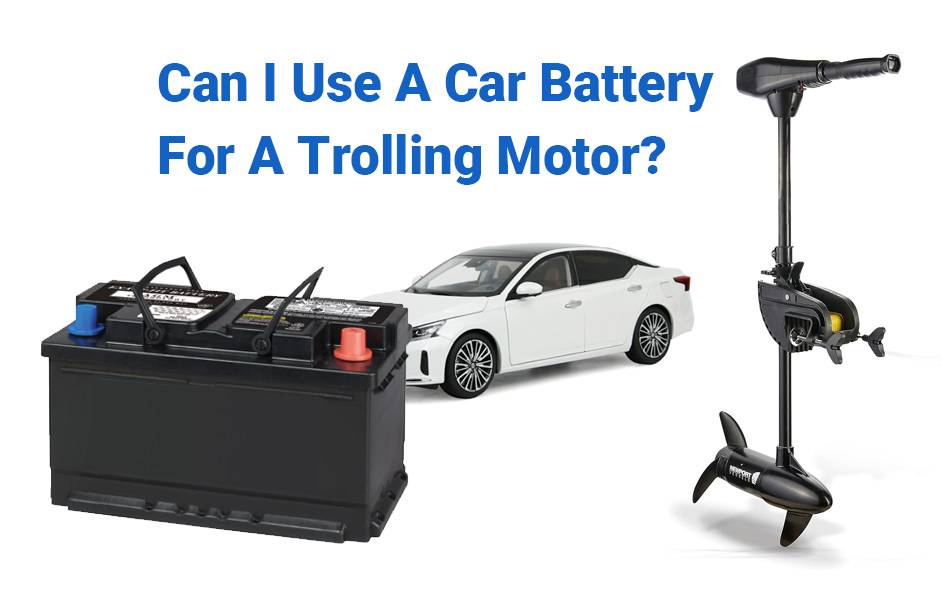Is your car showing signs of slow startups or strange electrical issues? The culprit might be your car battery. Knowing when to replace it is crucial to avoid unexpected breakdowns. In this post, we’ll guide you through signs, checking steps, tips for longevity, common mistakes to avoid, and when to seek professional help for your trusty car battery. Let’s ensure it gets the love and attention it deserves!
Understanding the importance of a car battery
Your car battery is like the heart of your vehicle, powering essential functions from starting the engine to lights and air conditioning. Maintaining it is crucial for reliable performance and avoiding unexpected breakdowns. Here’s why it matters:
- Essential Power Source: Your car battery is vital for various functions, ensuring everything works smoothly, from ignition to lights and air conditioning.
- Preventing Breakdowns: A well-maintained battery reduces the risk of unexpected breakdowns, providing reliability during your journeys.
- Protecting Electrical Components: Proper battery care prevents voltage fluctuations that can harm other electrical parts in your vehicle, saving you from potential damage and costly repairs.
Remember, factors like extreme temperatures and short trips can impact battery lifespan, so keeping an eye on its health is essential for hassle-free drives.
Signs that your car battery may need replacing
Your car battery, like the heart of your vehicle, can wear out over time. Recognizing signs that it needs replacing is crucial to avoid unexpected breakdowns. Here are clear indicators that your car battery might be on the decline:
- Difficulty Starting: If starting your car feels sluggish or unresponsive, it’s a sign your battery may be losing its effectiveness, and replacement might be needed.
- Dim Lights: Weak or dim headlights and interior lights suggest your battery is struggling to provide sufficient power, indicating potential issues.
- Frequent Electrical Problems: Experience frequent issues with your radio or accessories? It could be a result of a weak battery causing voltage fluctuations to various components.
- Corrosion or Swelling: Visible swelling or corrosion around the battery terminals is a clear indication that it’s time for a replacement, as it can interfere with proper connections.
- Age of the Battery: Most batteries have a lifespan of 3-5 years. If yours is within or surpassing this range, considering a replacement is wise to prevent problems down the line.
Being vigilant about these signs allows you to address battery issues promptly, ensuring your vehicle starts reliably and performs well.
Steps to check if your car battery needs replacing

Ensuring your car battery is in good condition is crucial for preventing unexpected breakdowns. Here are simple steps to check if your car battery needs replacing:
- Visual Inspection: Examine the battery for cracks, bulges, or leaks. Any visible damage may indicate a problem.
- Voltage Check: Use a voltmeter to measure battery voltage. A fully charged battery should read around 12.6 volts or higher. Anything below 12 volts suggests a weak or dying battery.
- Load Testing: If the voltage is low, perform a load test to assess the battery’s capacity under stress. This helps evaluate its performance during heavy demand.
- Cranking Power Test: Turn off electrical components and start your vehicle. If you notice sluggish or slow cranking, it may signal an aging battery.
Remember, if you’re unsure, seek professional advice from a mechanic to accurately diagnose and address any electrical issues with your car.
Tips for extending the life of your car battery
To ensure your car battery lasts longer and avoids unexpected breakdowns, consider these simple tips:
- Keep Terminals Clean: Regularly clean battery terminals to prevent corrosion. A mixture of baking soda and water works well for this.
- Avoid Short Trips: Combine errands into longer trips to allow the alternator enough time to fully recharge the battery, avoiding frequent short trips.
- Limit Electrical Loads When Parked: Turn off accessories like lights and radios when the car is off to prevent draining the battery over time.
- Proper Vehicle Storage: If a vehicle won’t be used for a while, either disconnect the battery or use a trickle charger to maintain its charge.
- Check for Parasitic Drains: If you experience repeated dead batteries with no apparent cause, consult a professional mechanic to identify and fix any parasitic drains.
These tips can significantly contribute to extending your car battery’s lifespan.
Common mistakes to avoid when maintaining your car battery

Maintaining your car battery is vital for optimal performance, but some common mistakes can hinder its longevity. Avoid these errors to ensure your battery stays in top condition.
- Ignoring Warning Signs: Don’t overlook dim headlights or slow engine starts, as these are signs of a weak battery. Addressing these warnings promptly can prevent unexpected dead batteries.
- Neglecting Terminal Cleaning: Regularly clean battery terminals using a mixture of baking soda and water to prevent corrosion, ensuring efficient power delivery.
- Using Incorrect Charging Techniques: Using a charger not designed for automotive batteries or not following manufacturer instructions can damage your car battery. Choose the right charger and adhere to guidelines.
- Leaving Accessories On: Avoid draining your battery by turning off all lights and devices before leaving the vehicle, preventing unnecessary power consumption.
- Improper Storage: Storing a discharged battery without maintenance can cause permanent damage. If not using your vehicle for an extended period, consider disconnecting the negative terminal or using a smart trickle charger.
By steering clear of these mistakes and adopting proper maintenance practices, you can significantly extend your car battery’s lifespan.
When to seek professional help
While checking your car battery is a useful skill, there are instances when professional help is essential. Recognizing these situations ensures your vehicle receives expert attention and avoids potential complications.
- Persistent Battery Issues: If you face repeated battery problems despite replacements or regular maintenance, consult a mechanic. They can identify underlying electrical issues affecting your battery.
- Limited Knowledge: If unsure about checking or replacing your car battery, seek assistance. A qualified technician ensures safe and accurate procedures, especially if you lack confidence in your skills.
- Advanced Electrical Systems: Modern vehicles with intricate electrical systems may require specialized knowledge and equipment. For newer cars with advanced features, relying on professionals with expertise in these systems is advisable.
- Warranty Concerns: Attempting DIY repairs on a vehicle under warranty may jeopardize coverage. To avoid potential issues, consult an authorized service center for any battery-related matters.
Remember, proactive maintenance and awareness of warning signs, such as dim lights or sluggish starts, contribute to smooth car operation and prevent unexpected breakdowns. Stay vigilant, and when in doubt, trust the experts to keep your vehicle in top condition!







